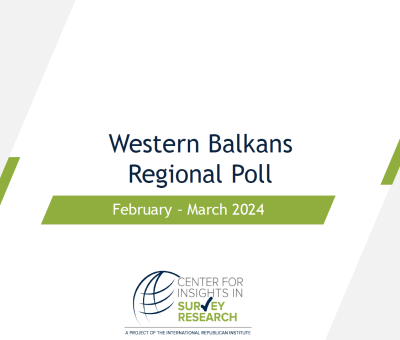
Serbia
IRI is working to improve party responsiveness to citizens’ needs by promoting political competition, pluralism, and a democratic culture. Specifically, IRI is strengthening diverse parties, both in the governing coalition and in the opposition. IRI also works with citizens’ groups, from the grassroots to the national level, by building their organizational, outreach, and advocacy capacities.
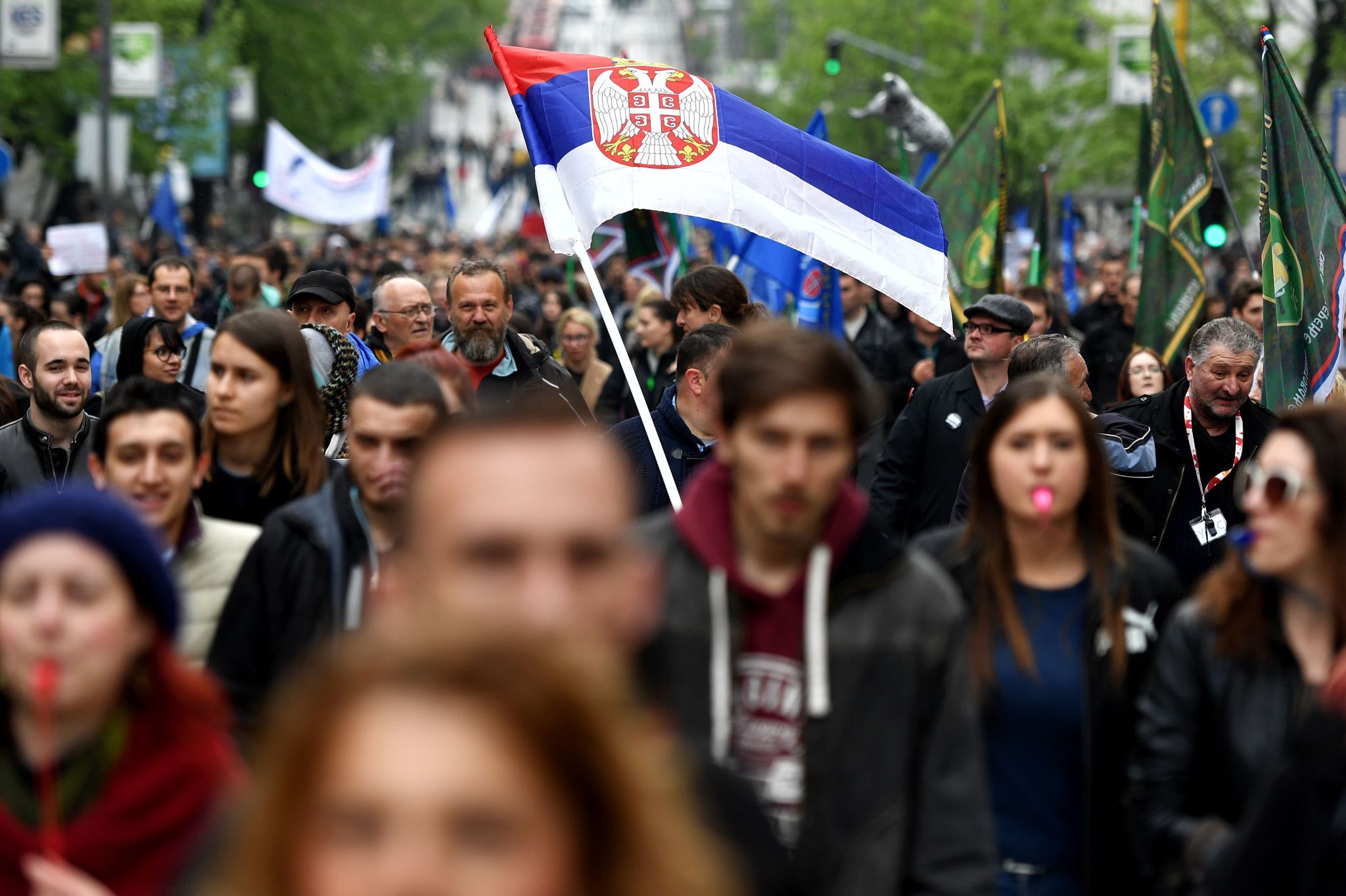
In recent years, Serbia has faced challenges to its democratic system as citizens have seen democratic institutions and political parties fail to address their concerns.
By the 2010s, many of Serbia’s democratic political parties had deteriorated in terms of quality and constituent services, with some even collapsing entirely. By the 2020 elections, virtually no opposition parties entered parliament.
This lack of political party pluralism risks complacency in the ruling coalition and alienating those parts of society that feel their voices are not heard. To promote pluralism and robust, responsive political parties, IRI is focused on building parties’ skills, membership, and citizen-focused policies from the ground up. IRI works with all democratically-oriented parties – governing and opposition – and with all parties on the political spectrum. IRI especially focuses on municipal party branches, working with them to improve their organization, expand and train their membership, and build tools to communicate regularly with constituents. IRI also works with parties’ municipal branches to connect them to each other and to party headquarters, to improve internal communication, and to make sure that citizen needs are heard.
In the absence of effective parties, activists have formed local grassroots movements across Serbia, often focused on concrete issues such as protecting rivers and defending workers’ rights. This activism demonstrates Serbians’ interest in politics that respond to their concerns. IRI is working to support these local initiatives and help them build the organizational and communications skills to be effective. Nonetheless, these activism efforts are mostly disconnected and focus on a single issue or a small range of issues and so are unlikely to have a major impact on Serbia as a whole. IRI is working to connect these diverse groups, help them find common issues, and amplify their messages so they can be stronger players in the Serbian public debate. Ultimately, IRI aims to make connections between stronger political parties and citizens’ movements in order to further democratic dialogue in the country.
Finally, IRI is working to develop new generations of democratic political leaders. IRI’s Advanced Leadership in Politics Institute (ALPI) is a long-term development program for young party members from across the political spectrum. ALPI builds working relationships between governing and opposition members. IRI also works with party members to help them build the skills they need to run municipal governments. Those skills are broad, and range from legal, financial, operational, and human resources knowledge. IRI’s runs another program, the Women Civic Leaders Forum, which is an intensive program designed to invest in women and help them build the political and practical skills to manage advocacy efforts.
Latest News & Resources

IRI 2024 Western Balkans Poll
The Western Balkan countries continue to grapple with various barriers to development and stability. While strides toward democracy have been…

Building Grassroots Support for Normalization Betw…
2023 was marked by increasing tensions between Kosovo and Serbia. The ongoing hostilities compounded by the Russian invasion of Ukraine…
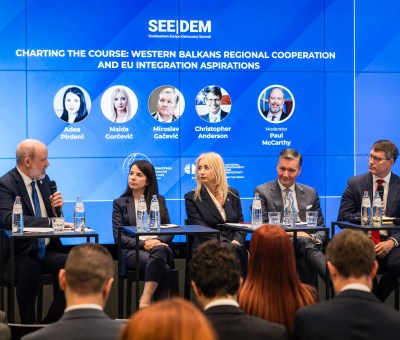
IRI Southeastern Europe Democracy Summit: Unified …
The International Republican Institute (IRI) held its fifth annual Southeastern Europe Democracy Summit (SEE|DEM) in Brussels, Belgium on Tuesday, 16…
Our Experts
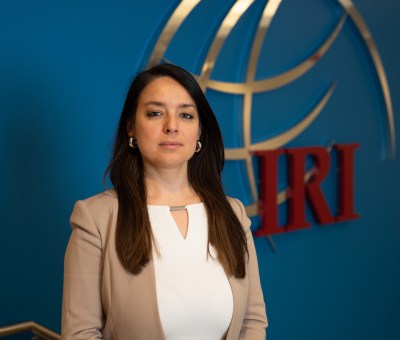
Ilina
Mangova
Regional Advisor, Europe
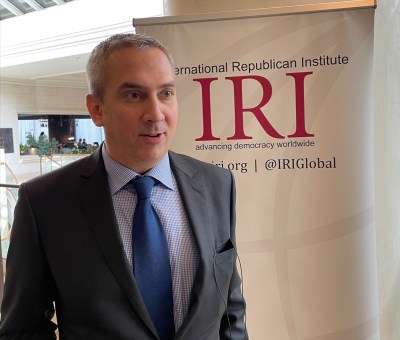
Paul
Prososki
Resident Program Director, Serbia
